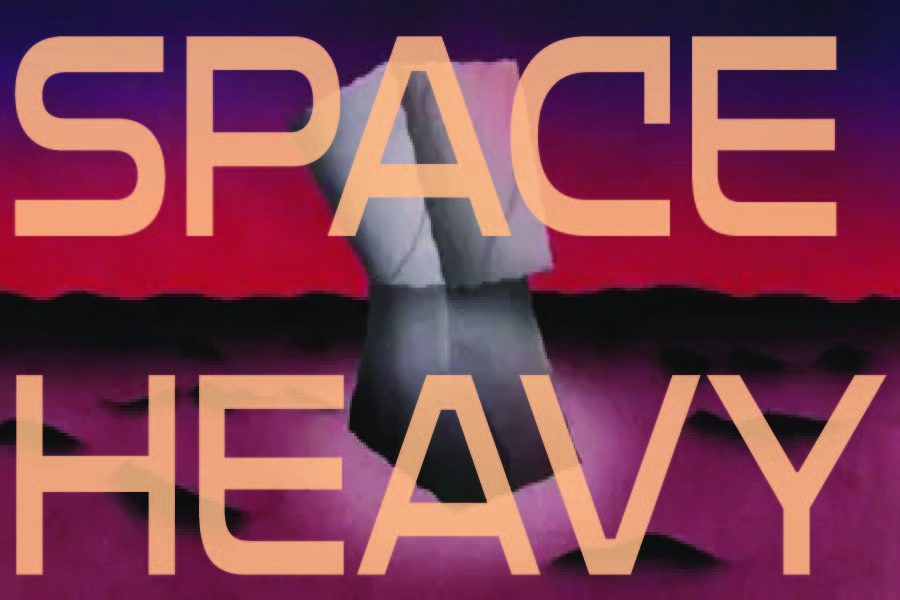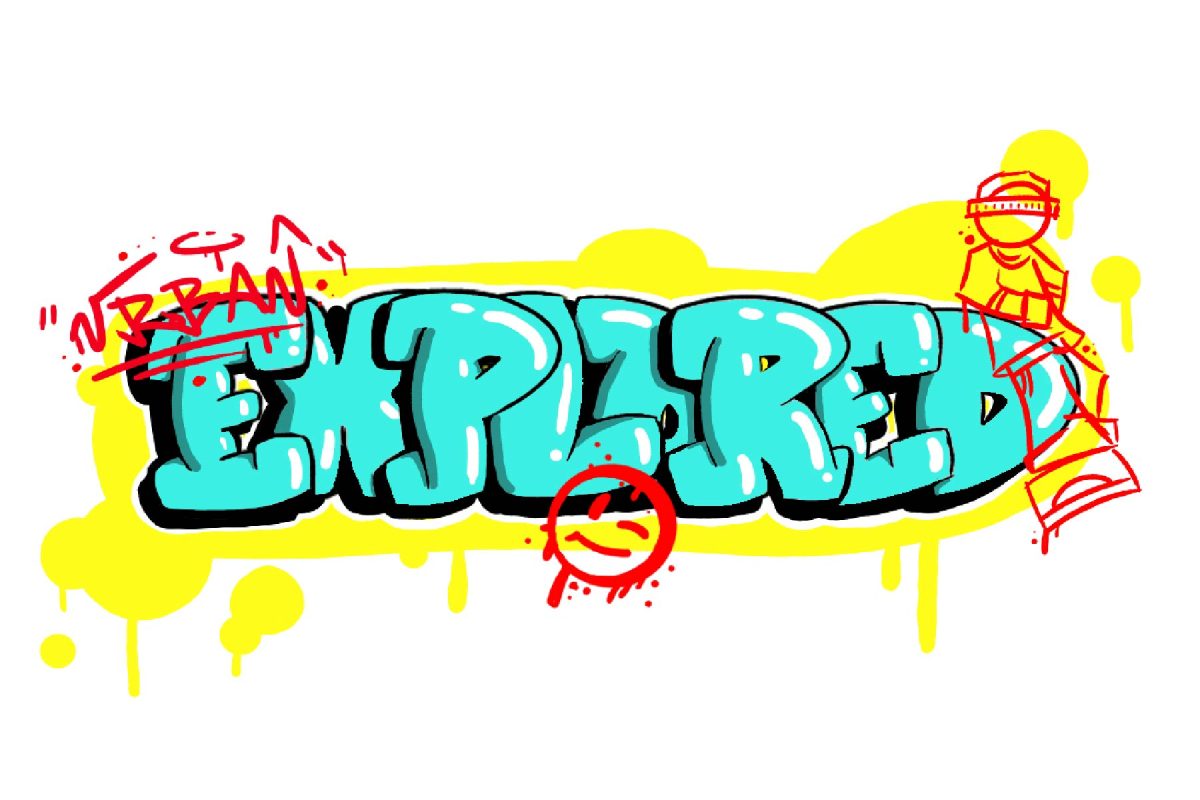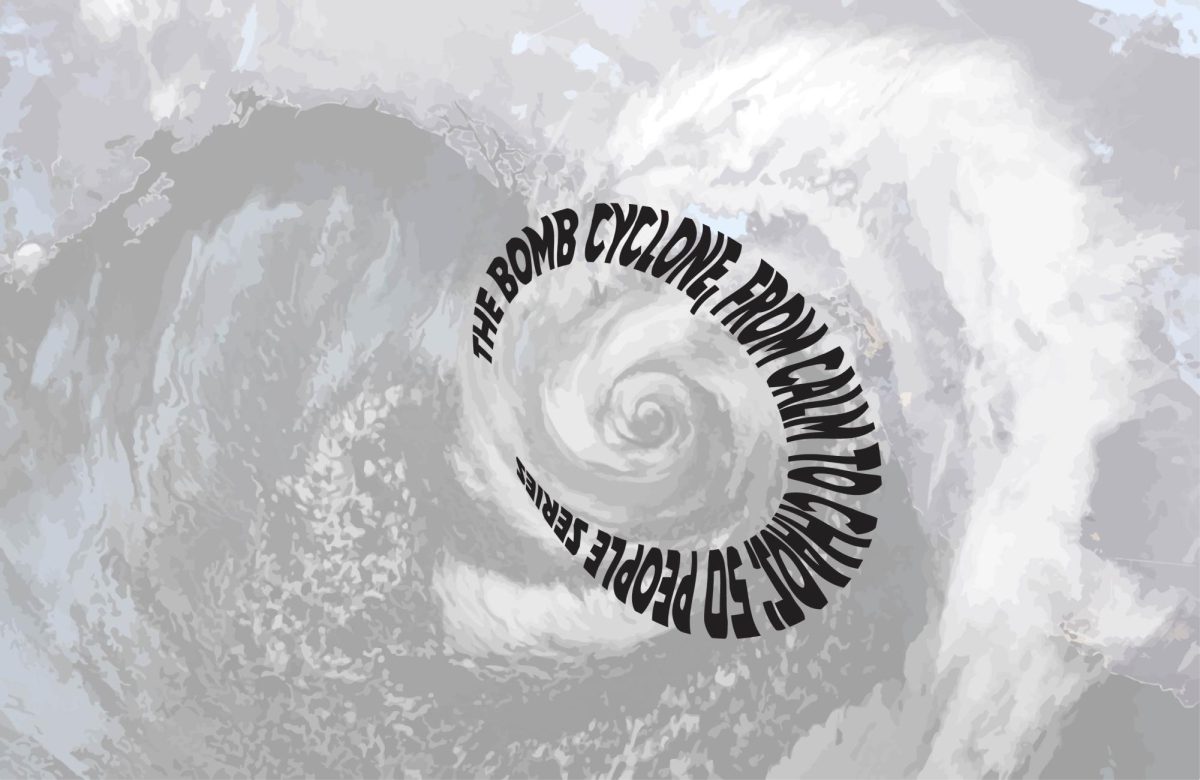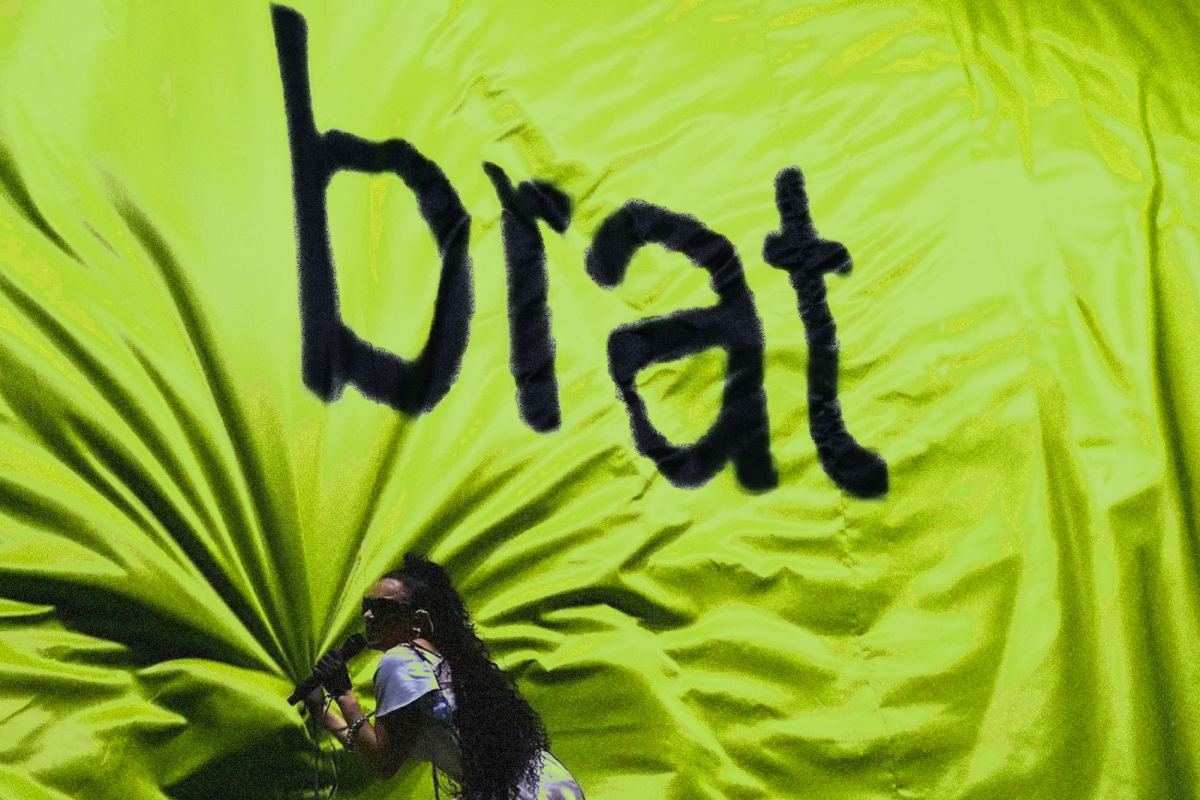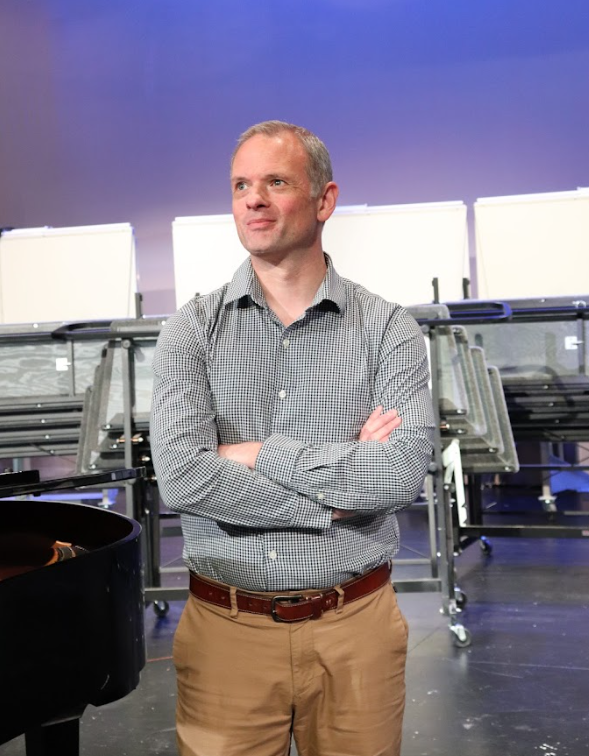In (Archy Marshall) King Krule’s 2023 album, silence is a place and emptiness is an air. It’s an album forged in the pull of distance, loneliness, and remembrance. Written in the middle ground between London and Liverpool on train rides to visit his daughter, Space Heavy is not only Archy’s most personal album to date-it’s his most cinematic. The album maps an emotional terrain with the aesthetic of a film noir: Shadowy interiors, motives obscured, and characters lost in their narratives. Written about his daughter and past relationships…
The record marks a shift for Archy, both sonically and thematically. While Man Alive! (2020) was a chaotic burst of youthful confusion and alienation, Space Heavy slows things down—becoming introspective and even contemplative. But instead of clarity, Archy finds beauty in ambiguity, fatherhood, romantic estrangement, and the disorienting nature of space. Emotional, physical, and cosmic all swirl together into a soundscape that feels more like a heartfelt monologue than a conventional album.
The album title Space Heavy describes the overarching tension of the album. The album does not only describe the physical space between cities and people, but the emotional space as well. It’s the space between intention and action, love and heartbreak, father and daughter.
A great deal of the album was written on train journeys from London to Liverpool, where Archy would go to see his daughter. It was on those journeys that he had not only time but also a sort of emotional tunnel where he was able to process the simultaneous pleasure of fatherhood and the anguish of distance from his daughter. On the journeys, lyrics and melodies would form like condensation on the windows, the train itself is employed as a character on the album: a metaphor for motion but not arrival, flight but not landing.
Fatherhood is an ongoing reference throughout the album, balancing out Archy’s lyrical world between separation and family. On the third track “Seaforth”, the single for the album, he sings with vulnerability that centers around a lullaby. The track is named after the seaside town near Liverpool, where his daughter lives, and it’s one of the most open-hearted songs in his discography. Along with the music video, where Archy plays as a detective finding a parent’s lost child.
Previous King Krule recordings had a preference for binding pain in abstraction, Space Heavy is emotionally clear. Still, Archy avoids sentimentality. His lyrics are still disjointed, built around impressionistic scenery and rambling thoughts, but it’s less hard now to feel the real human beneath the metaphors.
The emotional burden of Space Heavy is more than fatherhood, it’s also alienation from romance. Most notably in songs like “That Is My Life, That Is Yours” and “If Only It Was Warmth.” These songs explore the smoldering wreckage of a failed relationship with the mother of his child and the tangled emotions of love, anger, guilt, and lust that follow it.
Archy does not finger-point, but instead, he explores the wreckage gently. His lyrics suggest a kind of emotional archaeology: Shifting through memories, conversation, and glances for something like truth. The emotional landscape here is of echo chambers and soft edges-where no emotion is ever fully clear, and no resolution ever comes. There’s intimacy in these recordings that is almost intrusive, like reading personal letters. He provides slivers, not full confessions, and lets the listener assemble the puzzle.
Aside from the individual issues, Space Heavy is full of a noir spirit subtext of mystery, shadow, and chase. Archy has long been a fan of detective fiction and crime narratives, and on this album, that passion becomes part of the storytelling fabric. The album sounds like it’s unfolding in a dark city side alley, narrated by a restless detective searching for sense in disconnected clues. Which can also be seen and heard on previous projects like his 2017 album, The OOZ.
According to insiders among fans and the keen-eyed watchers of Archy’s work, the artist has been writing a detective novel with some of the material explored on Space Heavy possibly being featured in it. Although Archy hasn’t made the book public, the rumor is plausible. The lyrical structure of the album is a detective story: There’s a triggering trauma, an absent presence, gradual disintegration, and an anti-hero narrator too deep in his own emotions to notice. Even the album’s pacing is like a noir plot-prolonged, atmospheric, heavy on internal monologue.
Musically, Archy transforms this detective figure into an investment with brooding saxophone solos, tense guitar textures, and jazzy rhythms on the drums that sound like they were recorded in a turn-of-the-century speakeasy out on the edge of town. The recordings are bare, ethereal, and uneasy, it’s music you can drift along to, as though you are in a fading corridor to a door you’re not quite sure you should open.
The emotional terrain of Space Heavy owes a lot to geography. The sprawl and familiarity of London is a metaphor for who Archy was; the distance and unfamiliarity of Liverpool is the life that he’s trying to build. Suspended between them is tension between his state then and his state to come, between artistic ambition and personal duty.
Significantly, so much of the album was written in transit. The train is not a place- it’s a metaphor for the way he exists now. Uncertain of identity and place, he drifts into a kind of ghost hood, suspended between worlds. This condition infects the music of the album. No big choruses or glossy hooks for this record; it outlines an artist trying to stay in the moment as he is haunted by what came before.
In the end, Space Heavy is not strictly an album of fatherhood or heartbreak. It’s an album about loving hard-about someone, about something-knowing that you can’t always be there, can’t always repair it, can’t always communicate yourself. It’s about being in the space between love and lack, connection and disconnection.
This is King Krule bare, not in grand confession but in quiet. By unspoken apologies, voicemails that never got sent, half-written songs written on the back of a train ticket. It’s a gentler, lonelier record than before, but one that’s more honest. It doesn’t try to be cool. It doesn’t try to be coherent. It simply tries to be—and in that, it becomes something heavy, something real.
Space Heavy is a ghost story, a detective novel, a lullaby, and an elegy. It’s the voice of a man watching as the people he loves drift away from him, and choosing-despite all of them to continue to reach.








